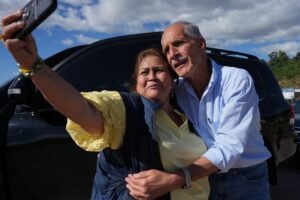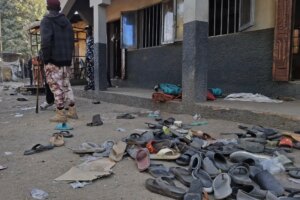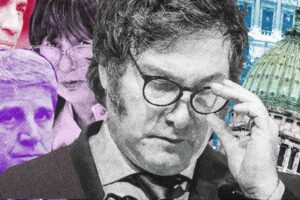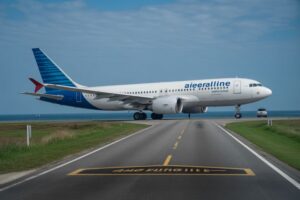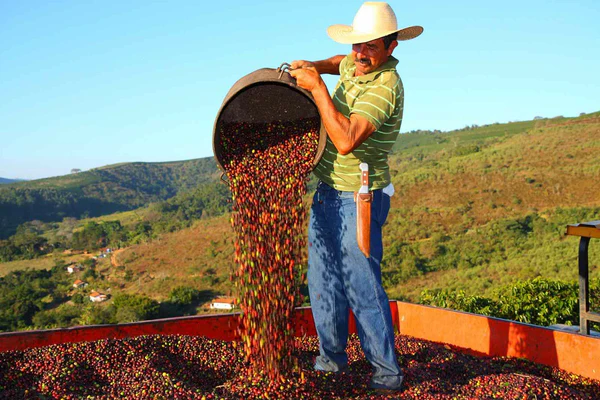
Thursday, September 25th 2025 – 09:28 UTC
The Brazilian coffee industry is also facing uncertainty regarding surcharges on coffee exports to the United States
Leading representatives of Brazil’s coffee industry mentioned on Wednesday during an event in São Paulo an impending price increase of up to 15%.
Brazilian Coffee Industry Association (Abic) President Pavel Cardoso said that prices for supermarkets could rise between 10% and 15%, since the cost of raw materials had gone up. However, he pointed out that this adjustment in the price of coffee should not exceed the average for the year.
Additionally, Abic’s Executive Director, Celírio Inácio da Silva, stated that this new price had already been communicated to retailers earlier this month. But, as retailers only started buying now, as of [Sept.] 15, we believe that, starting next week or at the beginning of the month, these prices will already be on the shelves, with a 10% or 15% increase, he predicted.
The producers’ association reported that the rise in coffee prices observed in 2025 led to a decline in consumption in the Brazilian market. According to Abic, there was a 5.41% drop in coffee sales between January and August this year, compared to the same period last year. In absolute numbers, sales fell from 10.11 million bags to 9.56 million bags this year.
Abic acknowledged that the price increase was quite significant, causing some types of coffee, such as instant coffee, to accumulate increases of up to 50.59%.
Despite this price volatility and the decline in consumption, Abic expects to close 2025 at a level similar to that of the previous year.
The September data leads us to believe that we will see surprising behavior later this year, at the next closing. This is still an incipient feeling, based on September figures, as we are almost at the end of the month, but it is an indication that we may have good news regarding consumption at the end of the year, Cardoso projected.
In his view, the Brazilian coffee industry is also facing uncertainty regarding surcharges on coffee exports to the United States. Brazil, he pointed out, is currently the largest supplier of coffee to the Americans, who have increased tariffs on Brazilian products as a way of putting pressure on the trial of former President Jair Bolsonaro for attempted coup d’état.
The executive order [from the US government], published on September 6, indicates that the United States has concluded and listened to the market that coffee, not being produced there, will not be subject to tariffs. This reading still does not give us clarity as to whether it will return to zero [tariff] or continue at 10%. Our reading is that there will be no tariffs because the United States does not produce coffee. It has only very incipient production in Hawaii and Puerto Rico, but almost nothing, Cardoso insisted.
Besides this executive order, the sector viewed as positive the possibility of a meeting between the presidents of Brazil, Luiz Inácio Lula da Silva, and the United States, Donald Trump, next week. We will see what happens at the meeting between the two presidents next week, but this reveals how sensitive coffee and the meat complex are to US inflation, he also pointed out.
A study also released on Wednesday by the Center for Advanced Studies in Applied Economics (Cepea) at the Luiz de Queiroz School of Agriculture (Esalq), University of São Paulo (USP), pointed out that between September 15 and 22, the price of type 6 Arabica coffee fell 10.2% in São Paulo, while Robusta coffee fell 11.1%.
According to the Cepea/Esalq Indicator, this price reduction was the result of ”expectations of more significant rainfall in Brazil’s producing regions, profit-taking and the liquidation of long positions on the New York Stock Exchange (ICE Futures) after sharp rises, as well as the possibility that US tariffs on coffee will be withdrawn.” (Source: Agencia Brasil)

